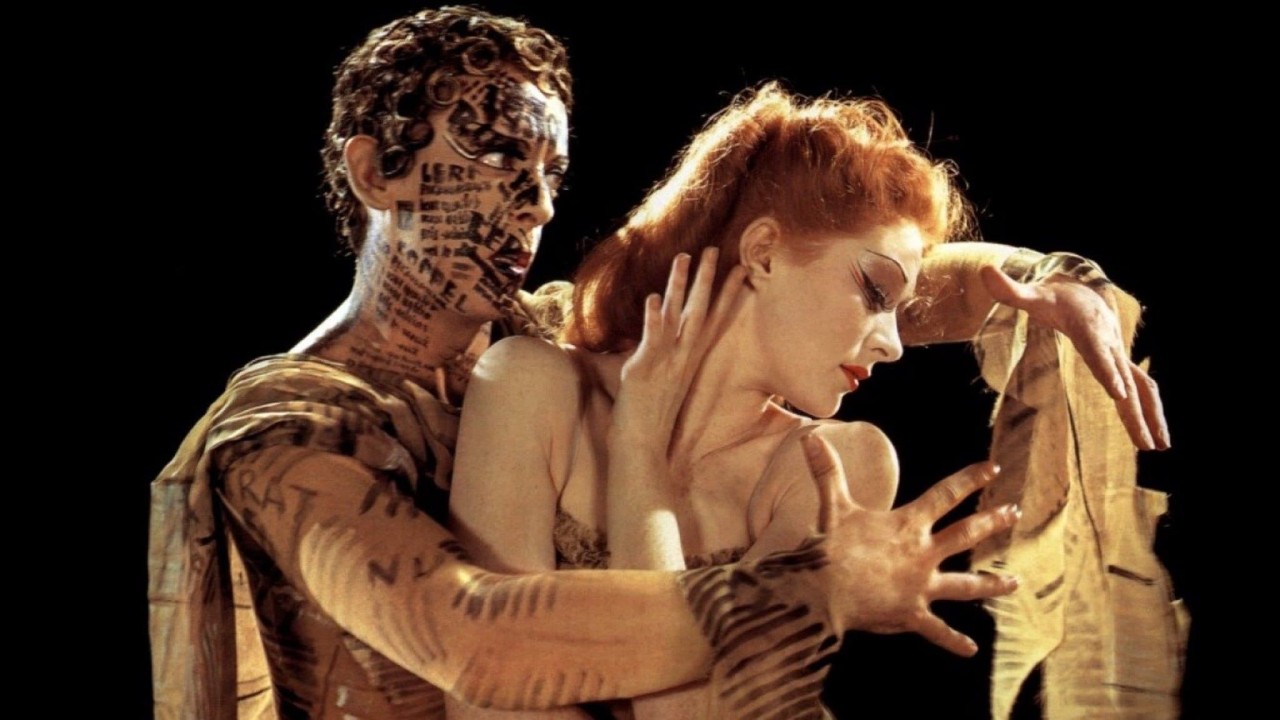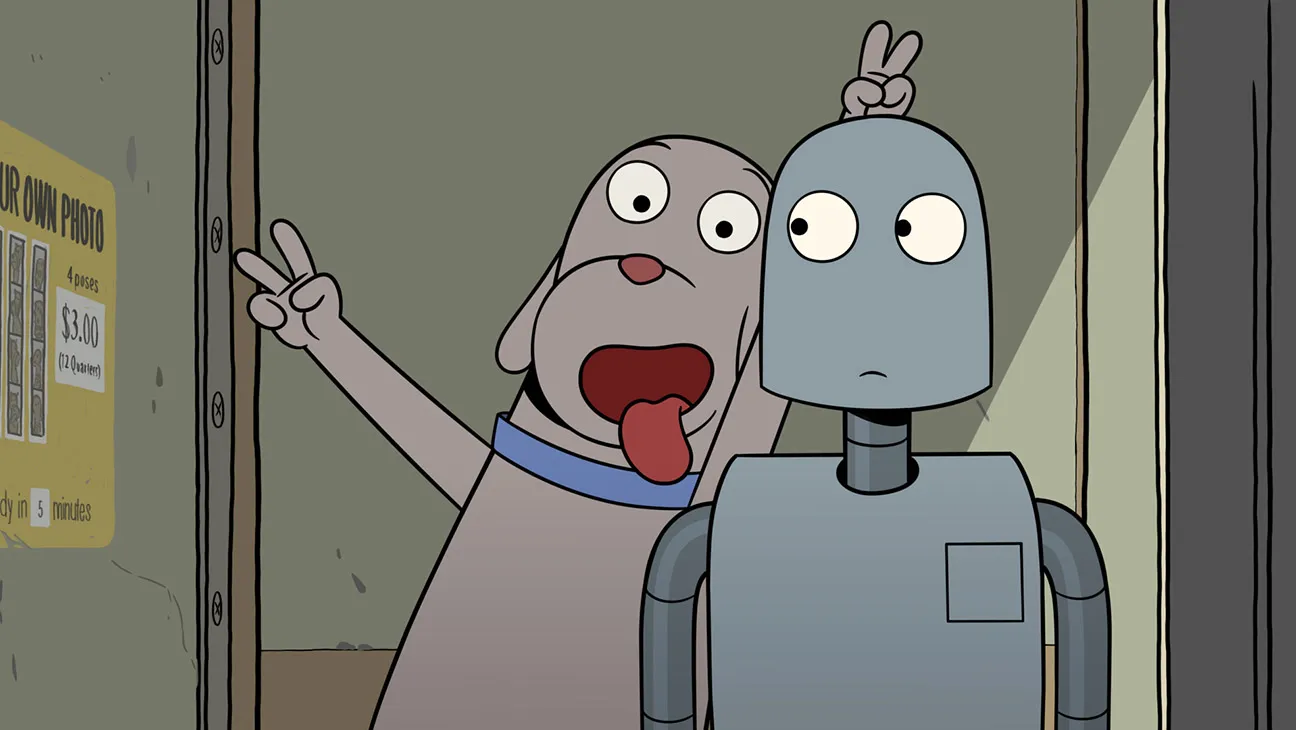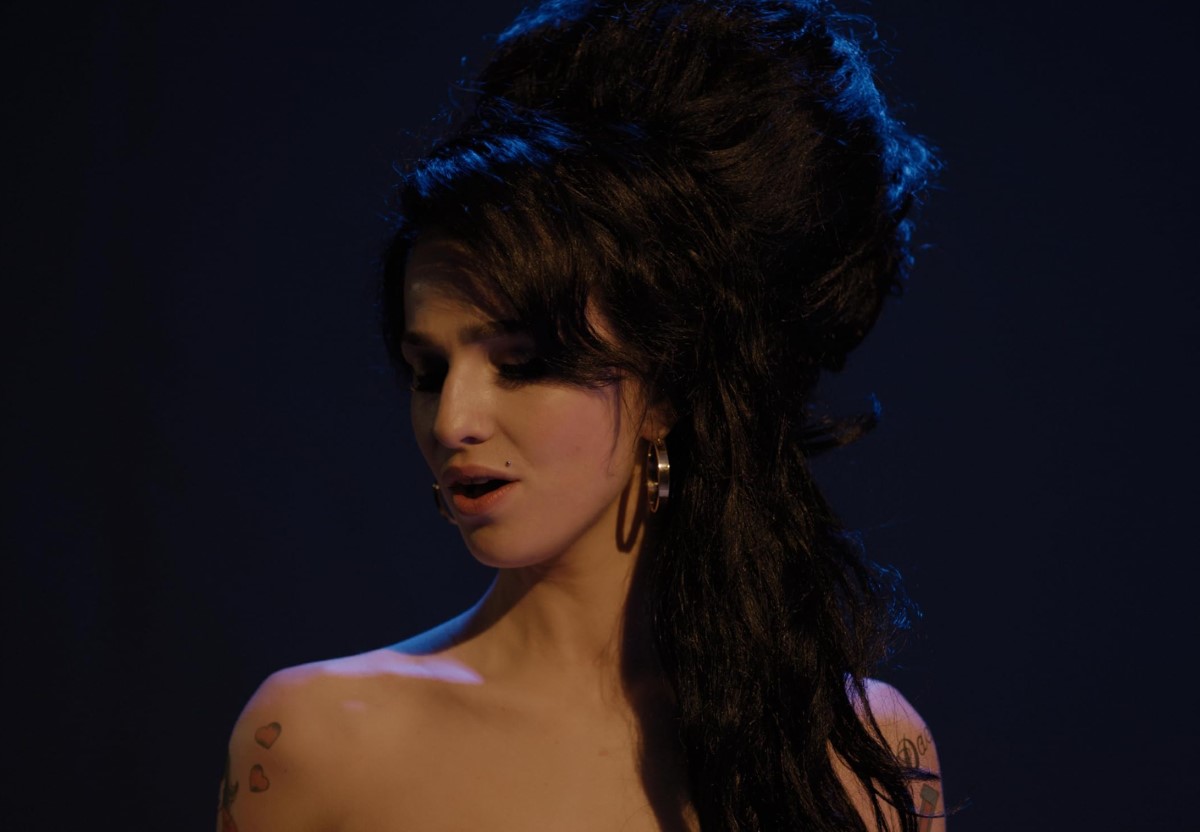by J. Hoberman
Fairy tales can come true. Spielberg the historian is in remission; Steven the regressive has returned, with a vengeance. An occasionally spectacular, fascinatingly schizoid, frequently ridiculous, and never less than heartfelt mishmash of Pinocchio and Oedipus, Stanley Kubrick and Creation of the Humanoids, Spielberg’s A.I. Artificial Intelligence is less a movie than a seething psychological bonanza.
One could begin by parsing the title. Does the artifice belong to Spielberg and the intellect to Kubrick (who bequeathed this project to the younger director after researching it for several years and who, so Spielberg has said, served as his aesthetic conscience)? Or is it vice versa? A.I. has an unnecessarily complicated yet brazenly irrational premise. The script, for which Spielberg has taken sole credit, mere than once bogs down in a hilarious morass of Ed Wood gibberish in trying to elucidate the scientific principles by which robots might dream or the special circumstance under which human beings can be cloned. But the movie’s appeal is not only to reason. The scene in which a human mother abandons her crying, clinging, pleading robot child in the woods is as supreme a heartclutcher as anything in Bambi.
Spielberg’s first exercise in cine-futurism, A.I. is set in a vaguely established, remarkably homogenous, post-greenhouse effect world of strict family planning and robot sex machines. These humanoids are known as “mechas,” and A.I. opens with their benign designer, Dr Hobby (William Hurt), informing his band of earth-tone imagineers that ho has just developed something new, “a robot child with a love that will never end,” One associate makes an obscure moral objection, but the good doctor silences her with an airy wave: “Didn’t God create Adam so that he might love Him?” Yes, of course, and look what happened there.
Indeed, A.I. has been designed to terrorize actual children, even as it may successfully harpoon the hearts of empty-nest boomers and push buttons in kids (of all ages) longing for a return to the mother ship. The proto robo-tot will be given to distraught Monica (Frances O’Connor), whose own terminally ill son, Martin, has been cryogenically frozen pending discovery of a cure for his disease. This suspended animation is also part of the fairy tale. Given that Spielberg wanted to use the Disneyland theme song for the celestial communication fest that ends Close Encounters, it’s perfectly appropriate that when Monica visits her Martin, there are Disney murals on the walls and Tchaikovsky’s “Sleeping Beauty” playing in the background.
Kubrick, for his part, ended Full Metal Jacket with a supremely sarcastic use of the Mickey Mouse Club marching song. But then A.I. doesn’t look like a Kubrick film—the sets are awash in cathedral lighting—and it rarely feels like one. Little David (Haley Joel Osment, scarcely less uncanny here than in The Sixth Sense) first appears out of focus, to suggest the elongated embryos of CE3K, Is he the baby Spielberg, a holy child with a smooth, open face and limpid blue eyes? The early scenes are exquisitely creepy—perhaps more than intended. Always smiling and underfoot, David frisks around Monica like an annoyingly needy pet. But once she pronounces the magic spell that will eternally bond him to her, he embarks on the golden road of unlimited devotion,
“Mommy, will you die?” is the newly programmed Davids first abstract question. Already expressing anxiety, his query does not quite elide the notion that when this slim and pretty woman is a crone of 90, her adoring mecha will still be a child. In any case, David’s particular instance of arrested development is superseded by the defrosted Martin’s return to his now shockingly expanded family. Without ever questioning the narcissistic assumption that children are put on this earth to love their parents, Spielberg finds his richest material in the family trauma, sibling rivalry, and emotional malfunction that this induces.
Soon the rejected David’s desire to reclaim his mommy’s love by becoming a “real boy” is the movie’s driving mechanism. Like Spielberg himself, David takes Pinocchio as his text, searching the world in the company of Teddy (a sub-Jiminy Cricket “supertoy”) for the Blue Fairy who can grant his wish. Unlike the puppet Pinocchio, however, David has no need to demonstrate emotional growth. He’s programmed for innocence. Whereas Pinocchio’s greed led to his being trapped in Stromboli’s carnival, blameless David is rounded up by the firing storm troopers of the Flesh Fair, a soil of heavy-metal demolition derby cum death camp for discarded mechas. No less than the rabid redneck audience this entertainment attracts, Spielberg loves the effect of the obsolete jerry-built robots running about and further decomposing. Devoted to ritual destruction, the Flesh Fair has a religious aspect: “We are only demolishing artificiality,” the cult leader explains. Intelligence will come next.
Soon, David and Teddy team up with (and redeem) a more profane manifestation of cyberlove. The disapprovingly presented “adult“ mecha Gigolo Joe (Jude Law) is a stiff, absurdly pomaded creature who supplies his own louche soundtrack—a faraway-sounding ’30s version of “I Only Have Eyes for You” (the very thing to make a repressed spinster lie back and lose her inhibitions). A.I.‘s resident embodiment of Kubrick consciousness, Gigolo Joe takes David to Rouge City (an elaborate extrapolation of the milk bar from A Clockwork Orange) to consult the resident oracle (a fragmented holograph who babbles like Robin Williams) as to the whereabouts of the Blue Fairy.
Sent to the end of the world, a largely submerged New York City, where he is shocked— shocked!—to discover the reification of human relations that mechas represent, little David dives from the top of Radio City deep into the dream dump. For an unforgettable moment, I thought that Spielberg would really leave us with a bizarre, albeit truly despairing, image of eternity: Pinocchio frozen forever in a world where Jiminy Cricket is mute and Disney dead. Not to worry. The shamelessly milked miracle arrives 2000 (and one?) years later, replete with thunderous wonder, appropriate white light, and a symbiotic reunion so obliterating in its solipsism it could split your skull.
A.I. is a curiously divided work. As in a Kubrick movie, the humans are universally shown as vain, treacherous, selfish, jealous, and, above all, cruel. But Spielberg understands that, no less than robots, we have feelings too. There won’t be a dry eye in the theater when, having been treated to his first-ever birthday cake, ageless David finally goes to “that place where dreams are born.” Some eyes, how ever, may be wet with tears of mirth.
Village Voice, July 3, 2001




